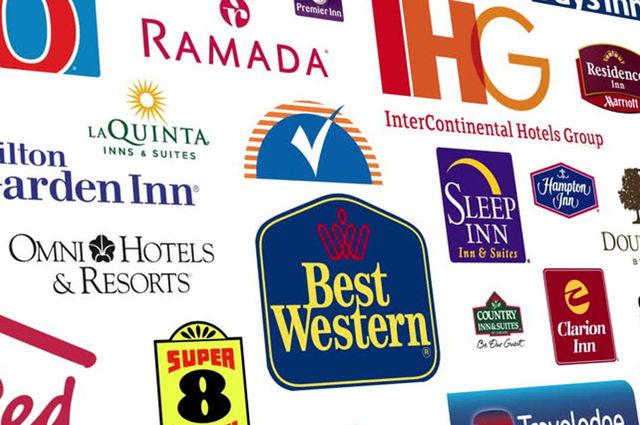Are brands becoming relevant again?
11 experts shared their view
Traditionally hotel brands largest added value has been distribution. A hotel got branded and was quite rapidly connected to a massive flow of reservations, on all the channels that existed. It helped guests search, travel agents book and hotels get filled. But that distribution function has largely been replaced by OTAs. So much so that, a few years ago the CEO of a large European Owning company publicly questioned why he should keep his hotels branded instead of going independent.
Today with brands adding new sub-brands every year it becomes unclear what a brand really is. But at the same time, the market is growing and they are making more revenue so it seems like the market accepts the new brands. Google has added a brand search functionality into their metasearch product and the conversation has shifted away from "are brands still needed". The millennial generation is supposedly not loyal to brands. Loyalty programs are getting revamped but costs are increasing. So have brands become relevant again? Are we entering a new golden age for the hotel brands?
The Hiltons and Novotels of this world have built their brand on product integrity, standardisation and distribution. Hotel branding, then, was primarily about market access and trust creation. Today, with OTAs and social media, a B&B in Tuscany can get more traction than an Ibis downtown Paris. And, thanks to online reviews, we are able to trust and book little-known independent hotels on the other side of the world. As independent and chain hotels are increasingly competing on a level playing field, hotel brands must play a new role.
Rather than reassure, the brands of tomorrow must inspire, engage and most importantly stand for something. This is a challenge for an industry that has been operations-focused for 200 years. Hoteliers must go beyond great product and great service to take a more active role. They must provide content and substance. A hotel brand could, for instance, educate its clients about healthy living, curate information about modern art or host conferences and talks about the tech industry. I think that the winning hotel brands of tomorrow will be the ones that manage to give meaning to their product by going beyond industry boundaries. For example, Tokyo-based Koé Hotel wants to provide “new basic for new culture”. Koé is at the same time a hotel, a fashion label and a music venue.


